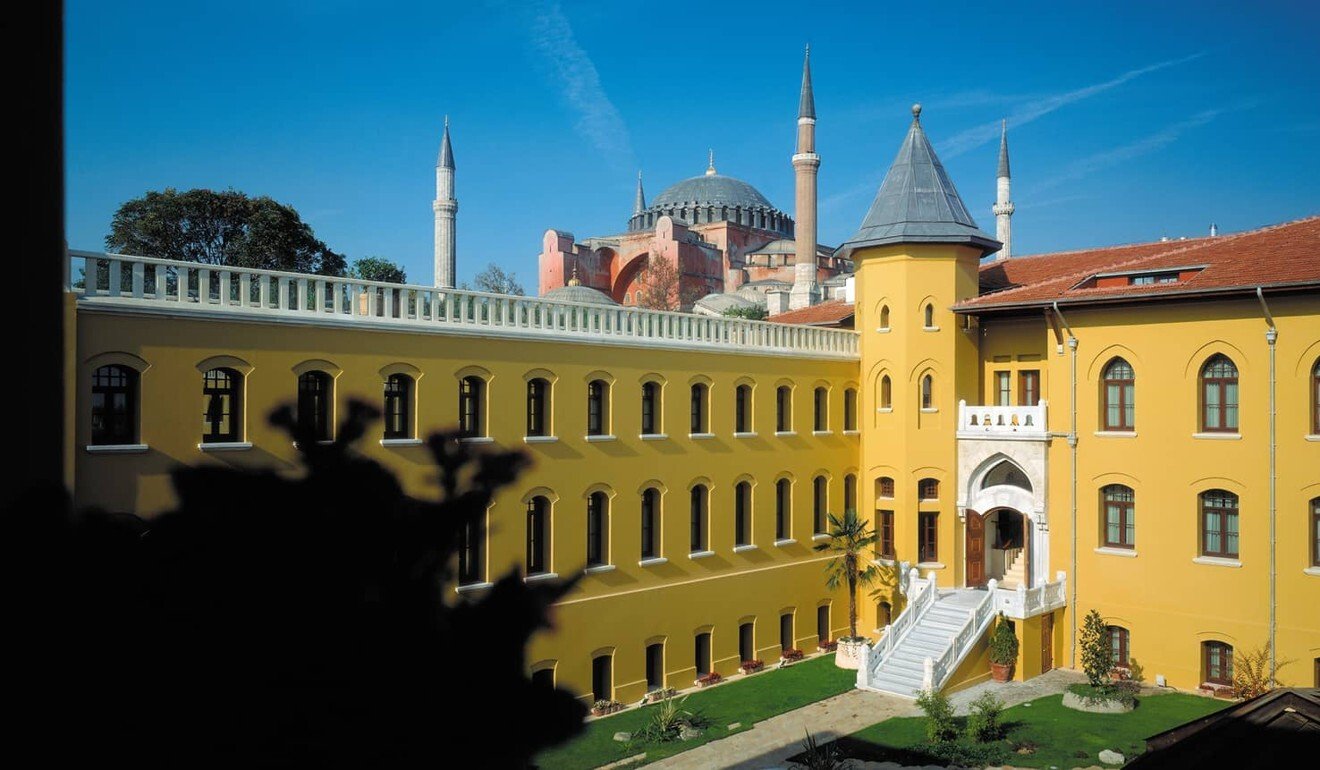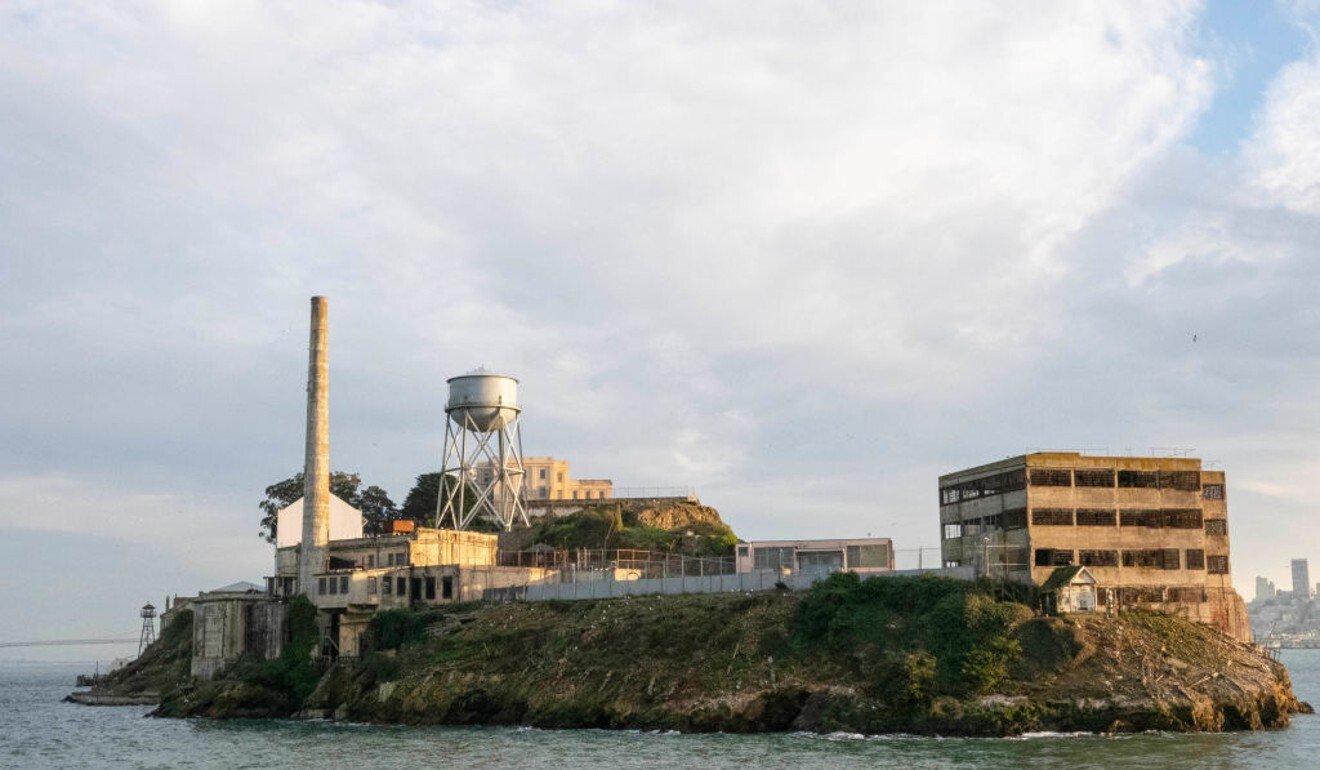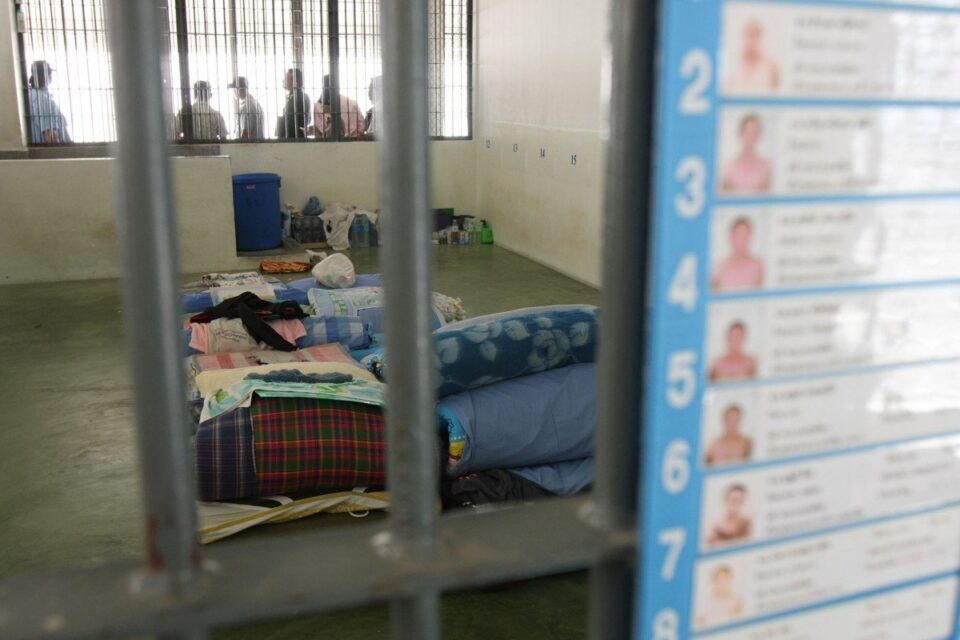- Tourists are to be invited into Thailand’s prisons to see inmates’ art, sporting prowess and cooking skills. It will help rehabilitate them, minister says
- Critics, though, question whether prisoners’ rights are being respected, and say reforming the prison system should come first
Thailand plans to turn about half its prisons into tourist attractions, to boost visitor numbers as the Southeast Asian nation struggles to recover from an economic slump caused by the coronavirus outbreak. Tourists would be invited to view sporting events, art exhibitions, cooking contests and souvenirs made by inmates in 72 of the country’s 143 prisons, Justice Minister Somsak Thepsuthin said this week.
A pilot scheme was being tested in five prisons, including those in the cities of Trat, Rayong and Ratchaburi, he said. This would not only bring much-needed visitors, but also prepare inmates for a “normal life in society” and change the image of prisons from being “a twilight world to a world of opportunities”.
The concept of prison tourism is not new. From tours of Alcatraz in San Francisco, to the notorious Hoa Lo prison in Hanoi, which is now a museum, prisons are major attractions worldwide. Before the coronavirus postponed plans, New Delhi’s Tihar Jail was planning on opening cells to tourists, to give them a taste of life behind bars in India.
Some defunct prisons have even been converted into luxury hotels – the Four Seasons Sultanahmet, in Istanbul, Turkey, for example – while a women’s jail in Colombia has a restaurant run by inmates and a Singapore prison hosts an annual charitable run.

But Debbie Stothard, founder of Altsean, a human rights network, said luring tourists to operating prisons without addressing fundamental concerns about Thailand’s penal system, including
“It’s a good idea if it’s meant to give prisoners more skills and help them integrate into society,” said Stothard. “But it has to be part of a broader rights-based approach to reform the system.”

Thailand has the largest prison population in Southeast Asia, and inmates have limited access to medical facilities, food, water and sanitation, according to a 2017 report by the International Federation for Human Rights.
A 2017 law was aimed at improving prison conditions and Thailand’s Justice Ministry has vowed to ease overcrowding, as well as provide vocational training for prisoners. The tourism project was a part of this plan, Somsak said.POST MAGAZINE NEWSLETTERGet updates direct to your inboxSIGN UPBy registering, you agree to our T&C and Privacy Policy
Thailand’s tourism-dependent economy has taken a hit from the coronavirus, with only about 8 million visitors expected this year, a fifth of last year’s total. But Stuart McDonald, co-founder of website Travelfish, said driving visitors to correctional facilities was not the answer, even though Thailand has successfully turned the islands of Koh Tao and Koh Tarutao – which were once prisons – into popular tourist spots.
“It raises significant concerns around the sensitivity of what is made available to the public, and how the rights and privacy of prisoners would be protected – for instance, would they have a choice not to participate?” McDonald said. “Prisons should be working to rehabilitate prisoners regardless of any possible tourism appeal wrapped up in the process.”





